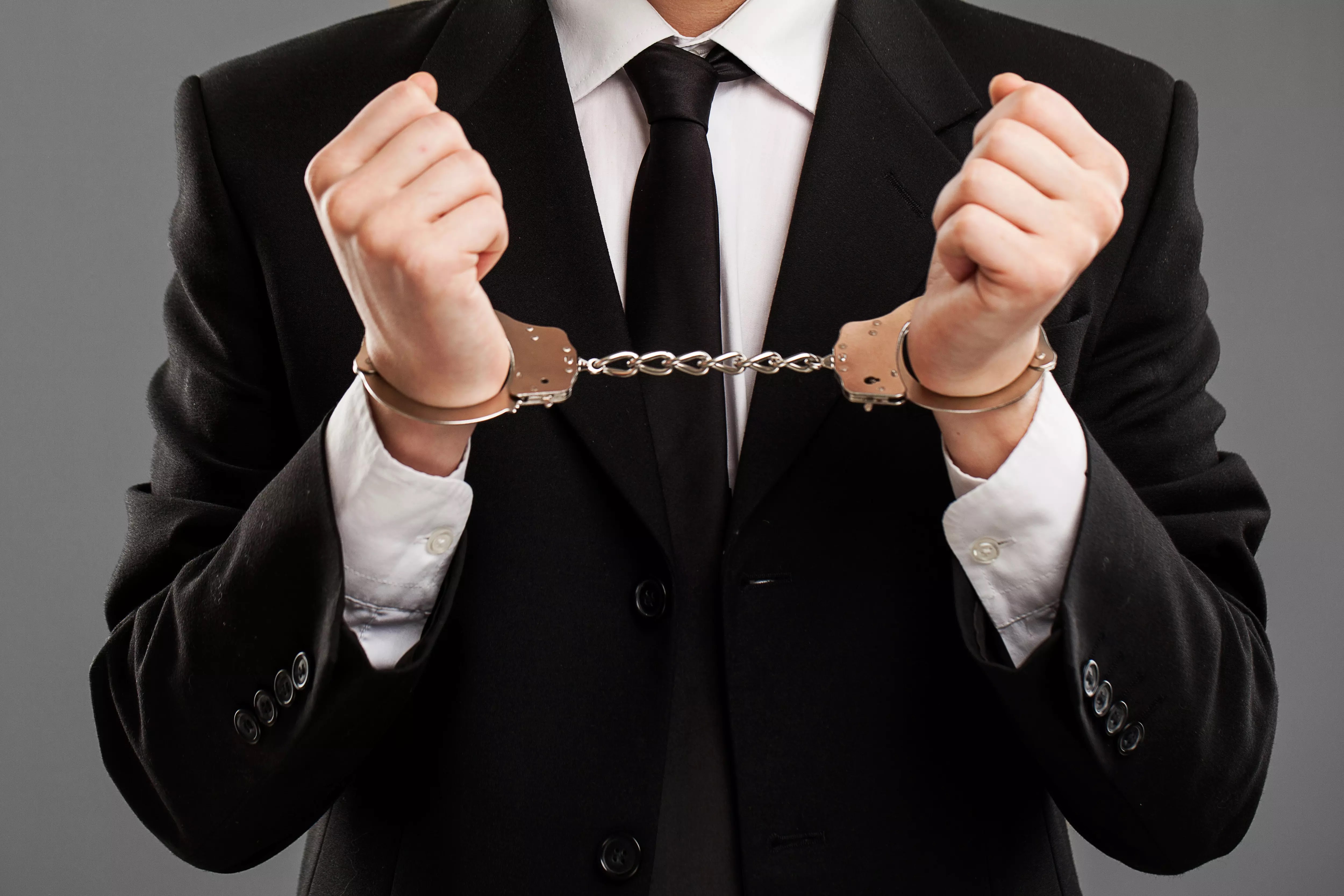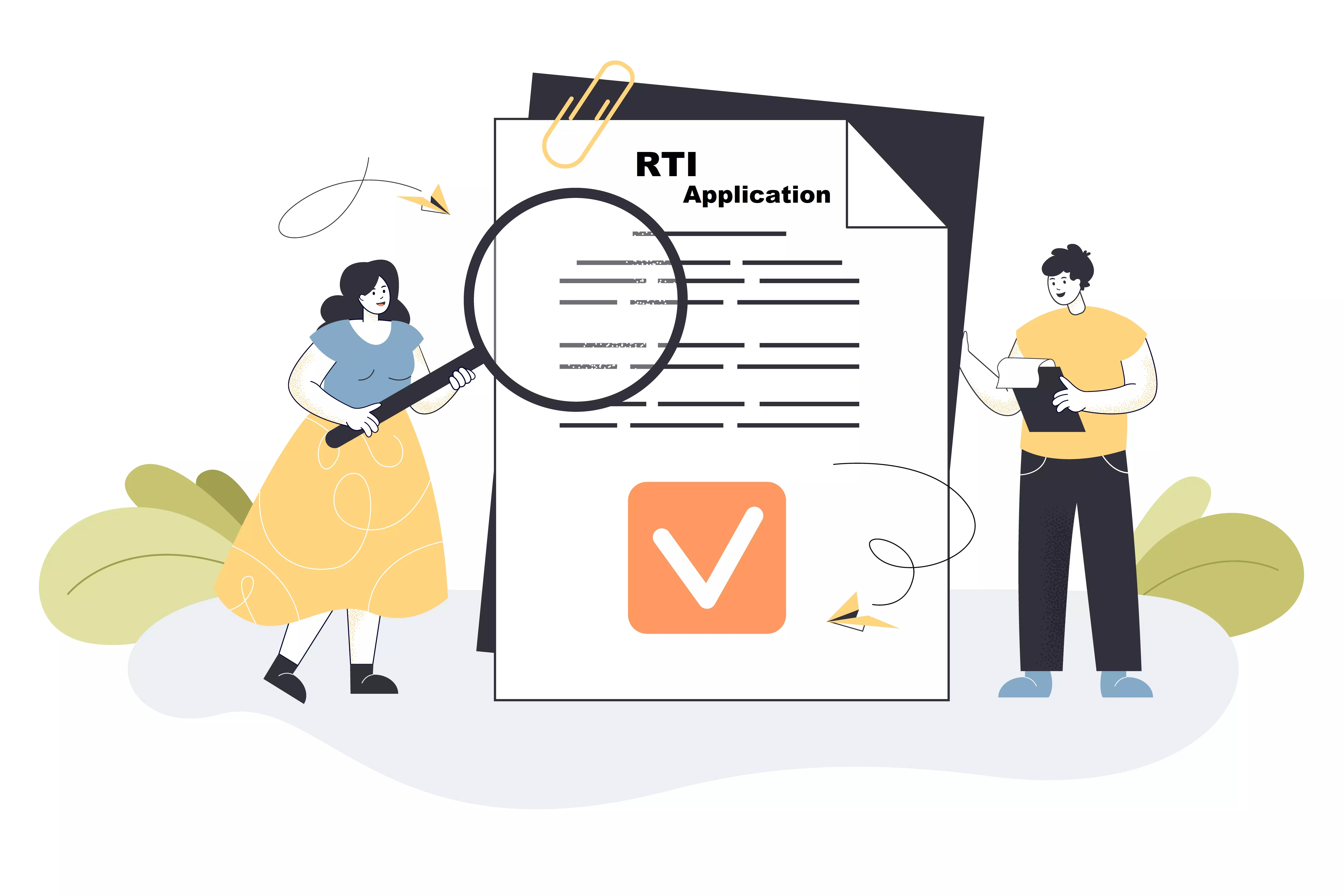Protection of Children from Sexual Offences: A Legal Perspective and Important Supreme Court Judgments
Protection of Children from Sexual Offences: A Legal Perspective and Important Supreme Court Judgments
Sexual offences against children are a grave violation of their rights and dignity. They can have lasting physical, psychological and social consequences for the victims and their families. According to the National Crime Records Bureau, India recorded 15,379 cases of child rape and 25,993 cases of other sexual offences against children in 20191
To address this serious issue, the Parliament of India passed the Protection of Children from Sexual Offences Act (POCSO) in 2012, which came into force on November 14, 2012. The Act provides a comprehensive legal framework for the protection of children from offences of sexual assault, sexual harassment and pornography while safeguarding the interest of the child at every stage of the judicial process23
The salient features of the POCSO Act are:
It defines a child as any person below the age of 18 years and covers both boys and girls.
It defines various forms of sexual offences against children, such as penetrative sexual assault, non-penetrative sexual assault, sexual harassment, use of a child for pornographic purposes and abetment of or attempts to commit such offences.
It prescribes stringent punishments for the offenders, ranging from three years to life imprisonment and a fine, depending on the gravity of the offence. It also provides for mandatory minimum sentences in certain cases.
It recognizes the principle of the best interest of the child and ensures that the child is treated with dignity and respect throughout the investigation and trial process. It provides for child-friendly procedures such as the recording of a statement by a police officer or a magistrate in the presence of a parent or a trusted person, use of video conferencing or in-camera proceedings, assistance of an interpreter or an expert, appointment of a special public prosecutor and establishment of special courts.
It imposes a duty on every person who has knowledge or apprehension of any sexual offence against a child to report it to the police or the special juvenile police unit. It also obliges the media, studio and photographic facilities to report any case involving child pornography. It prescribes punishment for failure to report or record a case, false complaint or false information and disclosure of the identity of the child.
It empowers the central and state governments to make rules for carrying out the provisions of the Act. It also empowers the National Commission for the Protection of Child Rights and State Commissions for the Protection of Child Rights to monitor the implementation of the Act and issue guidelines for its effective functioning.
The POCSO Act is a landmark legislation that aims to protect children from sexual offences and ensure justice for them. However, there are still some challenges and gaps in its implementation, such as lack of awareness among the public and stakeholders, delay in registration and investigation of cases, inadequate infrastructure and manpower in special courts and forensic labs, lack of coordination among different agencies and lack of rehabilitation and compensation for the victims4
Therefore, there is a need for concerted efforts by all concerned parties, including the government, judiciary, police, civil society, media and parents, to ensure that the POCSO Act is effectively enforced and that every child is safe from sexual abuse.
The Supreme Court of India has pronounced several judgements on the protection of children from sexual offences under the POCSO Act, 2012. Here are some of the notable ones:
- In Nawabuddin v. State of Uttarakhand (2022), the Supreme Court upheld the conviction and sentence of life imprisonment of the accused who had raped a four-year-old girl. The Court rejected the plea of the accused that there was no eyewitness or medical evidence to prove the offence and relied on the testimony of the victim girl and her mother, who were consistent and credible. The Court also observed that the delay in lodging the FIR was not fatal to the prosecution case as it was explained by the circumstances.
- In State of Maharashtra v. Dr Maroti Pimpalkar (2022), the Supreme Court set aside the order of the High Court of Bombay, Nagpur Bench, which had quashed the FIR and chargesheet against the respondent, who was the principal of a school where minor tribal girls were sexually assaulted by unknown persons in the hostel. The respondent was charged under Section 21(1) of the POCSO Act for failing to report the commission of the offence as per his legal obligation under Section 19(1) of the Act. The Supreme Court held that the High Court had erred in invoking its inherent power under Section 482 of Cr.P.C. to quash the FIR and chargesheet without considering the prima facie material against the respondent and without allowing the prosecution to prove its case. The Court also observed that such offences against children are heinous and need to be dealt with sternly.
- In Independent Thought v. Union of India (2017), the Supreme Court held that sexual intercourse or sexual acts by a man with his wife, who is below 18 years of age, is rape. The Court read down Exception 2 to Section 375 of IPC, which permitted marital rape of a girl child between 15 and 18 years of age, as being arbitrary, discriminatory and violative of Articles 14, 15 and 21 of the Constitution. The Court harmonized Exception 2 with other laws such as the POCSO Act, Prohibition of Child Marriage Act and Juvenile Justice Act, which define a child as a person below 18 years of age and protect them from sexual abuse and exploitation.
- In Nipun Saxena v. Union of India (2018), the Supreme Court issued several directions to ensure the effective implementation of the POCSO Act and the protection of the identity and privacy of child victims of sexual offences. The Court directed that no media shall disclose, even in morphed form, any particulars that could lead to identifying a child victim, such as name, address, photograph, family details, school or locality. The Court also directed that all cases under POCSO Act shall be tried by designated special courts in each district and that there shall be no transfer of investigation or trial at any stage except by an order of the High Court or Supreme Court. The Court further directed that all states and union territories shall set up one or more special forensic labs for expeditious analysis of evidence in POCSO cases within six months.












Comments
Post a Comment
Thanks, For Your Valuable Comment